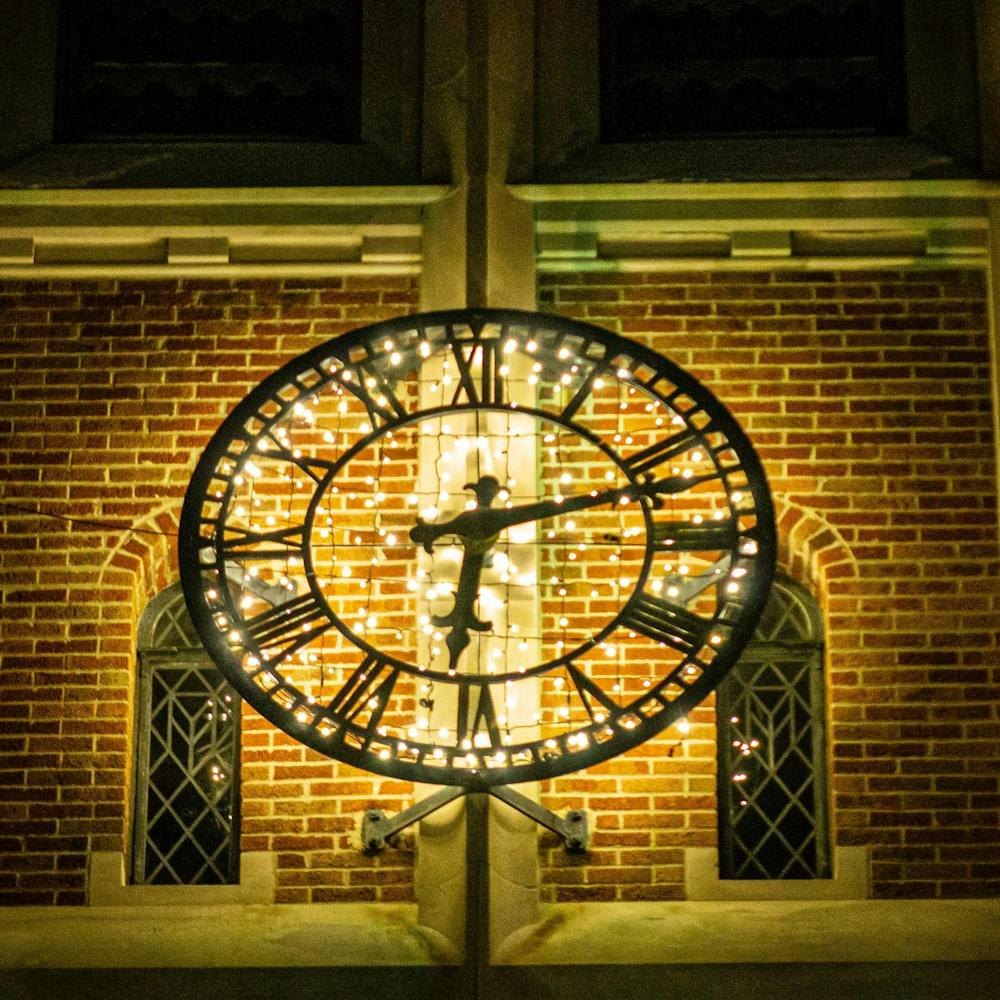There never should be a consequence for doing the right thing, and if there is one state that has made that clear, it’s Michigan.
Last spring, Gov. Rick Snyder signed into law a bill protecting intoxicated minors from facing legal action if found in a situation where they need medical help or are near someone who does.
Called the medical amnesty law, it allows minors to call for medical assistance without worrying about receiving a minor in possession charge, or MIP. A pardon also is granted to those who recognize these individuals need medical assistance. Minors who have been sexually assaulted while intoxicated but might feel reluctant to call for help also are protected under this law.
When he signed the bill, Snyder said it was a step toward ensuring the safety of Michigan’s youth and that it removed the fear of penalty when seeking emergency help.
Michigan is one of only nine states in the country offering some sort of amnesty in these situations, joining the ranks of states, such as California, Indiana and Texas.
But as exemplary as this new law is for the dedication Michigan has for protecting its youth, not all the credit should be directed solely toward Snyder or Michigan’s legislators.
A great deal also must be directed toward the students working for MSU’s undergraduate student government — ASMSU.
Years before it was passed, ASMSU repeatedly tried to sway Lansing into considering medical amnesty legislation because of the obvious impact it could have on college campuses. Despite being repeatedly denied, Dylan Miller, then-vice chair for government affairs, said the law was a critical step in saving people’s lives.
Now, almost a year later, ASMSU is joining the fight for other schools and states to have the same kind of safety measures as MSU.
Last week, they passed a resolution to support the Medical Amnesty Initiative, which strives to educate states on medical amnesty legislation — and for good reason.
Medical amnesty legislation eliminates any of the concerns a college student might have when he or she is in serious need of help. Simply put, it saves lives.
Just like it would be unrealistic to assume only legal-aged drinkers consume alcohol on a college campus, it would be equally blind to assume these younger individuals never find themselves in situations where emergency help is needed.
The actions of the people this law intends to protect aren’t always condonable, but ASMSU going out of its way to help keep other campuses safe is such.
Because of the groundwork laid by ASMSU and the work they continue to do today, college students in Michigan and hopefully in more states all across the country, can feel a little safer if they are placed in a situation they don’t feel comfortable with.
College campuses will be much safer places when other states start following Michigan’s lead.
Support student media!
Please consider donating to The State News and help fund the future of journalism.
Discussion
Share and discuss “Medical amnesty vital part of college campus” on social media.






